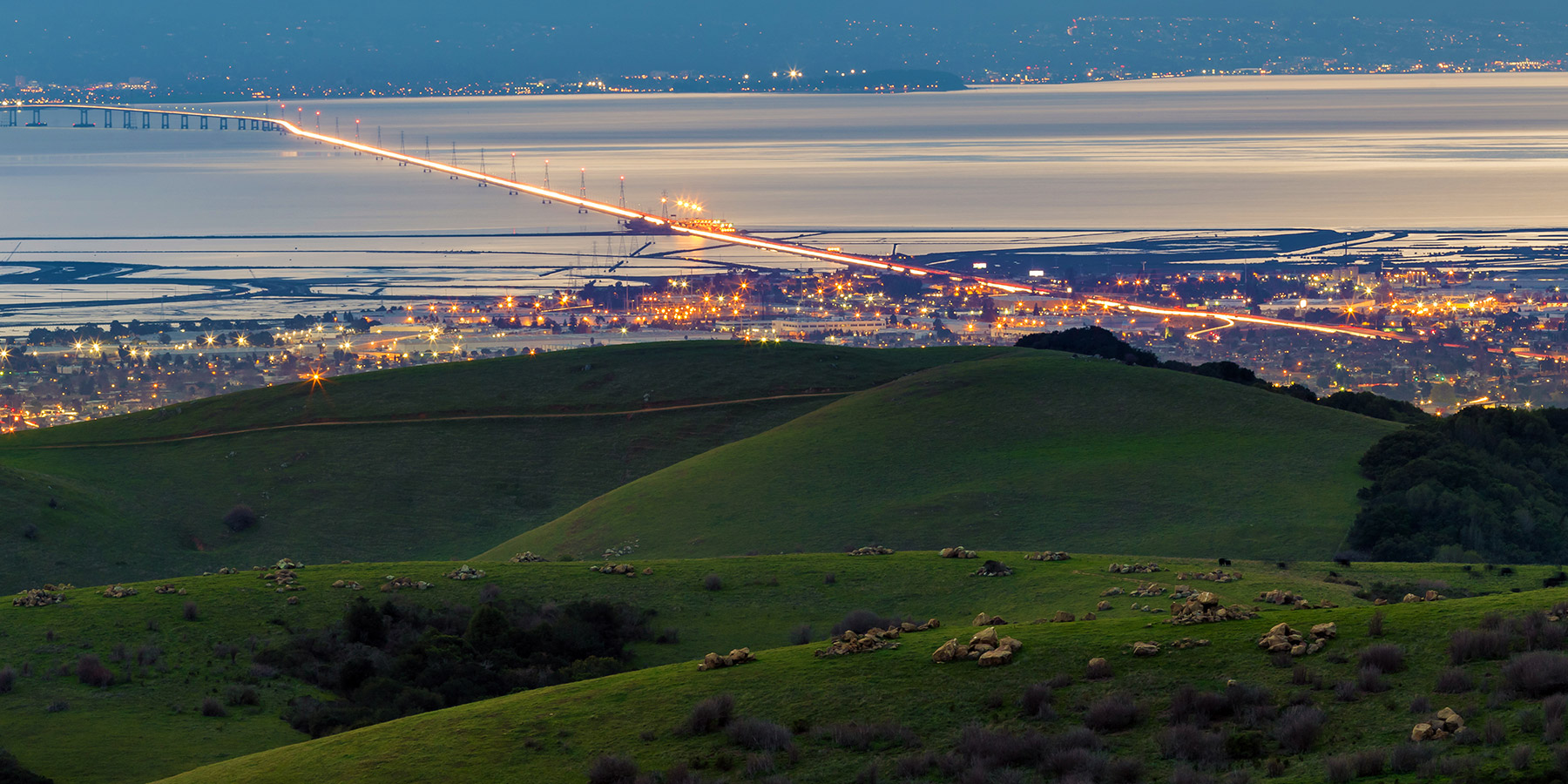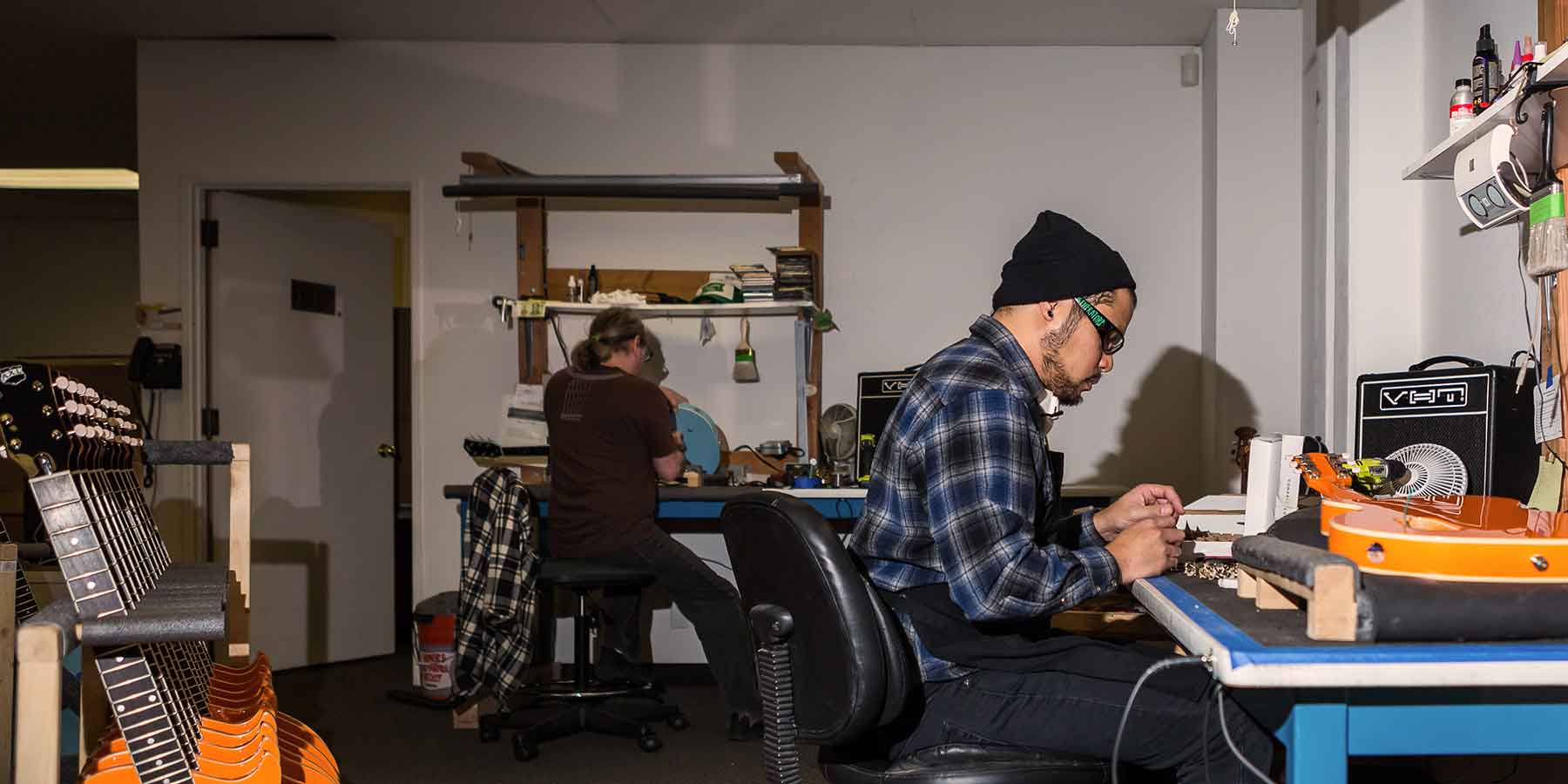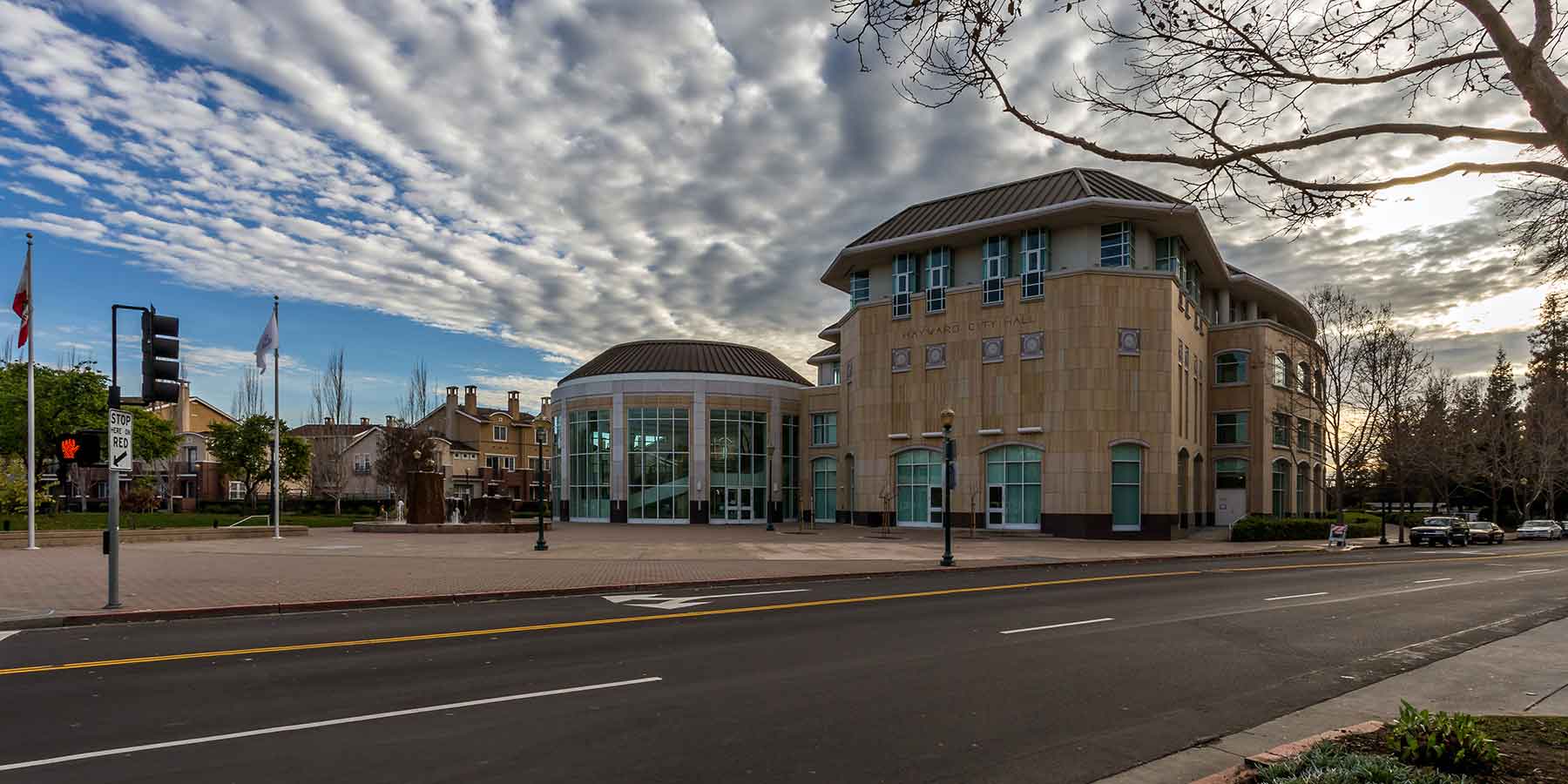Industrial capital poured in
The Silicon Valley technology blog TechCrunch reported in 2017 that Hayward companies had raised nearly $490 million in venture funding in the last three years—more than in Portland, Oregon, and San Antonio, Texas, cities with twice and three-times the population, respectively.
The Hayward industrial zone that is home to these companies is capitalizing on proximity at the center of the Bay Area, an unmatched network of freeway, rail, maritime and air transport connections, and comparatively affordable real estate values and leasing rates.
“In recent years,” TechCrunch reported, “the majority of Hayward’s venture funding has gone to biotechnology companies,” like Arcus Biosciences, a developer of cancer therapies, and MicuRx, which develops antibodies to treat drug-resistant infections. “Hayward is also making inroads as an energy startup hub,” the blog added, noting that Primus Power, a utility-scale battery storage provider.
And industrial investment in Hayward wasn’t limited to venture-funded high tech in 2017. In October, Morgan Advanced Materials, a British materials technology company serving a range of industries worldwide, celebrated the opening of a new metals and joining facility at its 2425 Whipple Road plant. Morgan has operated in Hayward since 203 and has 189 employees—a figure expected to grow with the company’s latest investment here.
In November, Motor Coach Industries (MCI), a subsidiary of New Flyer, one of largest bus manufacturers and parts distributors in North America, marked the opening of its seventh North American Sales and Service Center in Hayward. The facility, at 4120 Point Eden Way, provides heavy vehicle service and parts sales to the Bay Area’s growing fleet of private buses used by Google, Facebook and other large employers, the private tour industry and public transit agencies. It will create 35 new jobs in the city, MCI said, including specialized mechanics and technician positions.








